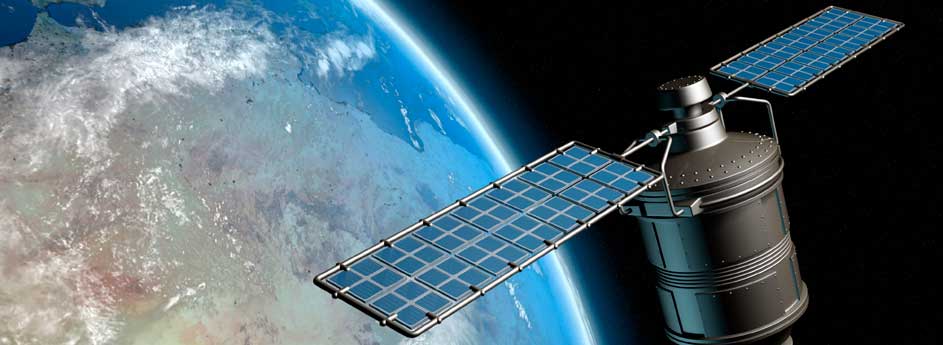
Development of a reliable computing system for space applications based on COTS components and its validation through fault injection
- Duration: 1999-2000
- Coordinator: Politecnico di Torino
- Partners: Politecnico di Torino, Scuola Superiore S. Anna, Università del Sannio Sede di Benevento, Alenia Aereospazio
- Funded by: ASI (Italian space agency)
The growth in the space activity and satellite communications market has been geared by the fast evolution of electronics and computers, which allowed the production of highly sophisticated computer-based environments, from which satellites and ground installations are critically dependent. In space applications, digital systems work in a critical environment, where the radiation level is several times higher than on the earth. Under the radiation’s effects, the probability of transient and permanent faults occurrence is not negligible. Therefore, high dependability and availability are two of the main requirements in space applications. In this context, we define “dependability” as the ability of a computer-based system to detect, locate, and possibly correct a fault. The high dependability, required by the costly and often very limited accessibility, must allow the system itself to execute testing, diagnosis and repairing. Moreover, high availability is required in all those applications where a failure can produce catastrophic consequences. To guarantee the required level of dependability, it is usually necessary to design fault tolerant architectures, or to use very expensive digital components, qualified for space applications, whose performances are usually worst than non-space qualified components. Moreover, very tight budget constraints require limiting costs, avoiding ad-hoc designing high dependable hardware or software components.
It is therefore necessary to define design methodologies and rules to support the development of high dependable systems based on commercial components (COTS), not individually designed to guarantee the dependability levels required for space applications.
The main target of this project is to produce a hardware/software data processing platform to be used in scientific experiments carried out in space laboratories. The platform will be realized using hardware and software COTS, whose dependability will be guaranteed by a synergistic application of software techniques implemented at the different functional levels of the system (hardware, operating system, and software application). The platform will be PC/Windows compatible, in order to be used in all those experiments that require a commercial software tools (e.g., Matlab, LabView).
The goal of the project is not to realize a high dependable system as the ones used in asset control, necessarily based on Rad Hard components, but to increase the dependability of a COTS-based system with respect to the ionizing radiation. This is, in fact, the most critical issue when COTS-based systems are exploited for space applications. One of the most important scientific aspects of the research will be, therefore, the definition of methodologies to be used in the design of high dependable software applications to executed in COTS-based environments, where the very limited accessibility to the source code makes impossible to apply standard software testing techniques.
The second target of the research is to define a complete Fault Injection environment, able to emulate the occurrence of the most critical and frequent faults occurring in space applications. The Fault Injection tool will provide a powerful environment to support the design and the validation phase of the hardware/software platform, and, in general, of any computer-based critical applications. In particular it can be exploited to:
- Allow the analysis of the software correctness and the verification of its correct behavior in critical conditions. In this way it will be possible to debug and correct the application software, making it more reliable and fault tolerant;
- Allow the dependability evaluation of the whole system when executing realistic software applications in presence of permanent and/or transient faults.
The Fault Injection environment will be validated and calibrated comparing its dependability measures with the one obtained performing a set of radiation experiments on the target platform.
The research is particularly significant for both the advanced research activity, and the potential wide industrial application of its results. The project will be based on the interaction of three important university research groups, and a industrial unit (Alenia Aereospazio, Divisione Spazio – Torino), the Italian leader in inhabited space stations and scientific satellites.
